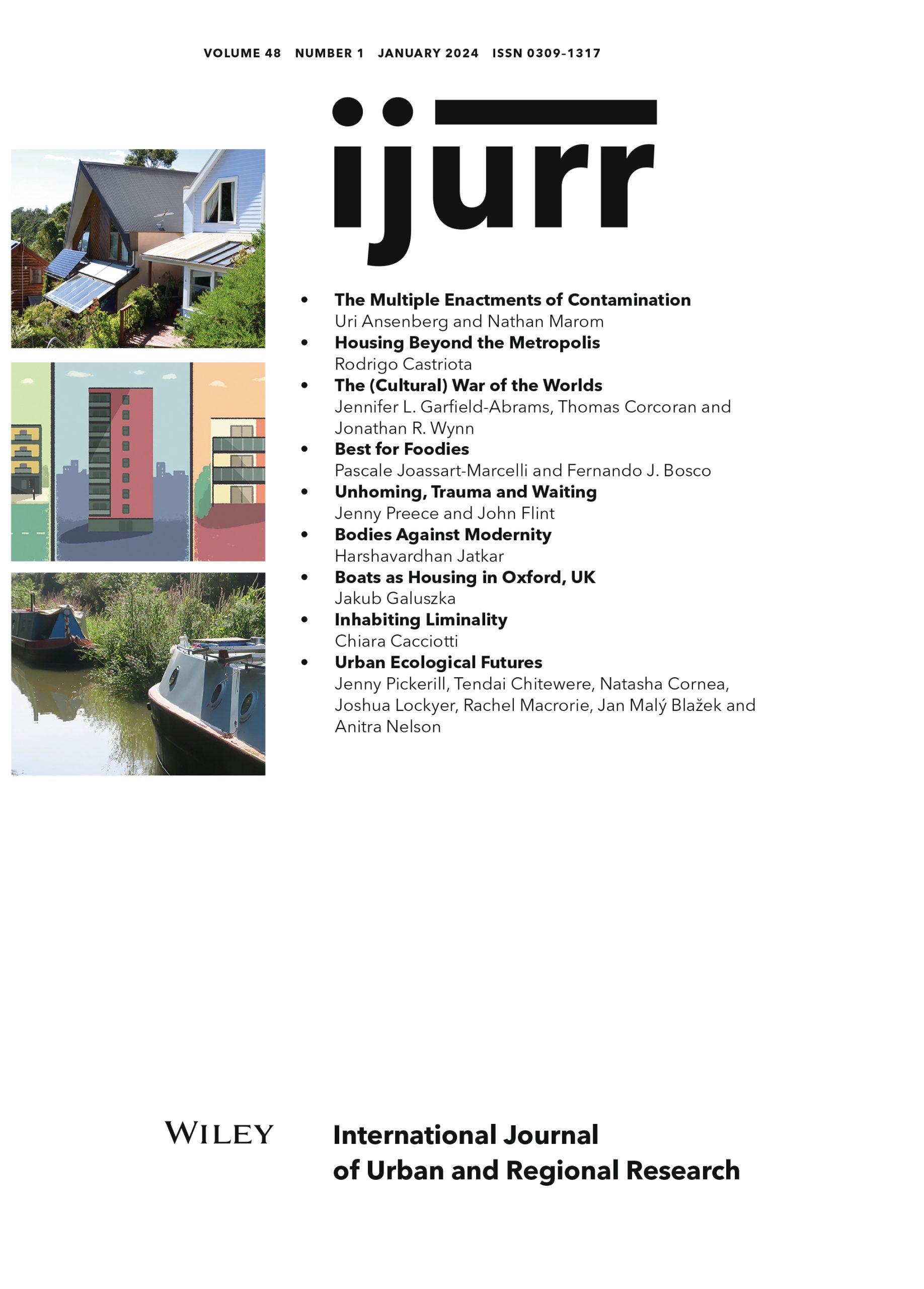Writing up Grants 2025
Hadil Ayoub
Hadil Ayoub is a doctoral candidate at the Central European University in Vienna in the Department of Environmental Sciences and Policy, researching territorial stigmatization in a social housing neighborhood in Lisbon, Portugal. Her research interests include critical environmental justice, urban green spaces, and environmental colonialism. Hadil started her training as an environmental scientist receiving her B.A in Environmental Science from Barnard College of Columbia University in the City of New York. She then got her M.Sc. in Environmental Sciences and Policy from Central European University in Budapest.
Mehmet Eroglu
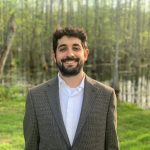
Mehmet is a Ph.D. candidate in the Department of Geography, Environment, and Spatial Sciences at Michigan State University. He is a human geographer focusing on issues related to labour, informality, and extractive industries. More specifically, his work examines how, to what extent, and under what structural constraints and opportunities workers exercise agency in shaping their own geographies. Although he is broadly interested in the intersections of labour, place, and power — rather than specific regional contexts — his current project explores the struggles of both formal and informal coal miners in Turkey.
Photo credit: Catherine Brown
Jasson Fernández Díaz
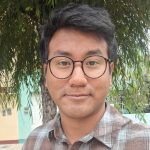
Jasson is a PhD candidate in Urban Studies at the Pontificia Universidad Católica de Chile and a doctoral fellow at the Center for the Study of Conflict and Social Cohesion (COES-Chile). He is a geographer and participates in interdisciplinary research on cities and territories from a socio-spatial and comparative perspective. His doctoral research focuses on the socio-spatial governance of intermediate port cities, critically examining the multiple and unequal multiscalar relationships among their stakeholders. He analyzes these interrelations within the port-city governance mechanisms that emerge around port expansion projects in Chile and Peru.
Su Su Myat
Su Su Myat is a PhD candidate in Critical Geography at the University of Lausanne and a former urban development practitioner in Southeast Asia. Her doctoral research explores the complex intersections of people (power), politics (governance) and technology (digital infrastructure) in smart urban development in Geneva, Switzerland, and how these elements (re)shape urban development. Her research draws on feminist, postcolonial approaches by applying theory frameworks from the global South to understand western urban development. This work advances theoretical debates and practical understandings of how technological urban transformations unfold in specific geographical, historical and political contexts.
Thiruppathi P
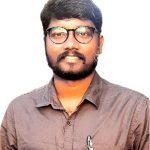
Thiruppathi P. is a Research Scholar at the Centre for Political Institutions, Governance, and Development (CPIGD), Institute for Social and Economic Change (ISEC), Bengaluru, India, and Chair of Comparative Politics – SRC, IAPSS. He has an M.A. in Comparative Literature from the University of Hyderabad and an M.A. and M.Phil. in Political Science from the University of Madras. He was a reviewer for the IAPSS World Congress Conference in 2024 and 2025. His work concerns political communication in Dravidian politics, with a focus on electoral tactics, identity mobilization, activism, populism, and welfare politics in Tamil Nadu, with implications for regional party dynamics and democratic participation.
Vishnu Prasad
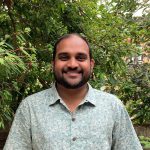
Vishnu Prasad is a PhD candidate at the Department of Geography and Environment, LSE (London School of Economics and Political Science). Vishnu’s research examines the Rohingya genocide as a spatial process focusing on the fragmented history of land dispossession of the Rohingya community. His research interests also include the social life of property in post-colonial South Asia and the role of land and property in peacebuilding and justice. He has an integrated master’s in economics from IIT-Madras and a master’s in city planning from MIT. Prior to the LSE, Vishnu was head of office for UN-Habitat in Rakhine state, Myanmar.
Photo credit: Shoko Sakuma
Petra Samaha

Petra is an urban planner and researcher. She completed her BSc and MSc in Architecture at the Lebanese University in 2013 and Master of Urban Design at the American University of Beirut in 2015. Petra worked on spatial planning projects, applied research and policy studies for over a decade, focusing mostly on the Arab region. Topics include land, property, housing, public space, planning, mobility, migration, and climate change. Petra has also been involved in urban politics and writing about land and property. She is currently writing her dissertation on land, state property, and public domains in Lebanon, at Sciences Po-Paris.
Bruno Silva Santos
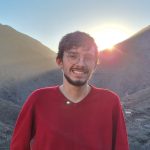
Bruno is a PhD student in the Department of Social Anthropology in the University of St Andrews. He carried out his fieldwork in the Terra Indígena Jaraguá, which is inhabited by the Guarani-Mbya people and is surrounded by the city of São Paulo. In big cities, rats are known as a reservoir of several zoonotic infections, and the large population of rats dwelling in the villages highlights the effects of the urban environment on the indigenous lives. Bruno’s project major goal is to understand the relations between the Guarani people and rats, with a particular focus on discussing indigenous concepts of body, health and disease.
Lu Wang

Lu Wang is a PhD candidate in Sociology at the University of Cambridge. Her research examines flexible employment regimes and labour migration within China’s internet industry. Through fieldwork conducted in the bustling metropolis of Beijing and the emerging city of Chengdu, she investigates how tech workers carve out spaces for autonomy through workplace (mis)behaviours, career mobility, and spatial mobility. Lu is also interested in socio-spatial mobility and labour geography. At Cambridge, she teaches Qualitative Data Coding and has co-convened the “Technologies at Work Research Network”, contributing to interdisciplinary dialogues on technologies, labour rights, and spatio-temporalities of work and life.
Said Zaaneen
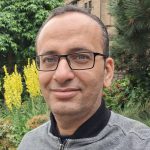
I am a PhD candidate at the Department of Geography and Planning at the University of Sheffield. My research focuses on understanding the socio-spatial dynamics in urban contexts of protracted displacement and the role of humanitarian actors in shaping the spaces of refugee camps. In my research, I aim to analyse the socio-spatial environment to build evidence that informs policy shifts, contributing to enhanced humanitarian responses and improved living conditions in refugee camps. I have long experience working with humanitarian and international development organisations, where I utilised research to inform policy discussions. My research interests are refugees and refugee camps, humanitarian aid, and urban displacement contexts.
